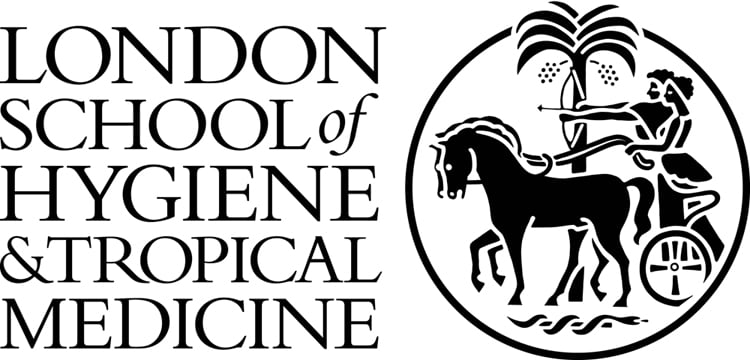One Health and climate determinants of zoonotic enteropathogen transmission in Senegal
Globally, over one million deaths are caused each year by diarrhoeal diseases resulting from exposure to enteropathogens. Many of these enteropathogens, such as Campylobacter, non-typhoidal Salmonella, and Giardia, are potentially zoonotic. Whilst the fraction of the diarrhoeal disease burden attributable to zoonotic – versus human-to-human – transmission is difficult to estimate it is undoubtedly important, especially in settings that combine a high burden of disease and high risk of exposure to animal waste. This project will focus on one such setting – in northern Senegal – where there is a high burden of diarrhoeal disease combined with a range of potential animal and environmental risk factors for zoonotic transmission of enteropathogens. Using a One Health approach, the project will investigate the environmental and animal risk factors for zoonotic enteropathogen exposure and related disease outcomes, like diarrhoea and assess the sensitivity of these variables to climate variables. This project provides a unique opportunity to examine these important issues in a climate vulnerable, high-burden setting by combining data on stool-based molecular detection of enteropathogens, trial data, satellite-based remote-sensing techniques and climate modelling approaches.
Supervised by Dr Jacqueline Knee at LSHTM. Co-supervised by Mr Oliver Cumming (LSHTM) and Professor James Lewis (Cardiff University). External partner is Dr Dieynaba N’Diaye at Action Against Hunger, France.


More details see FindaPhD
